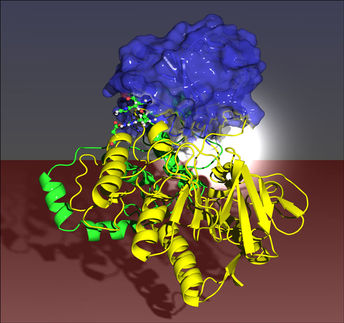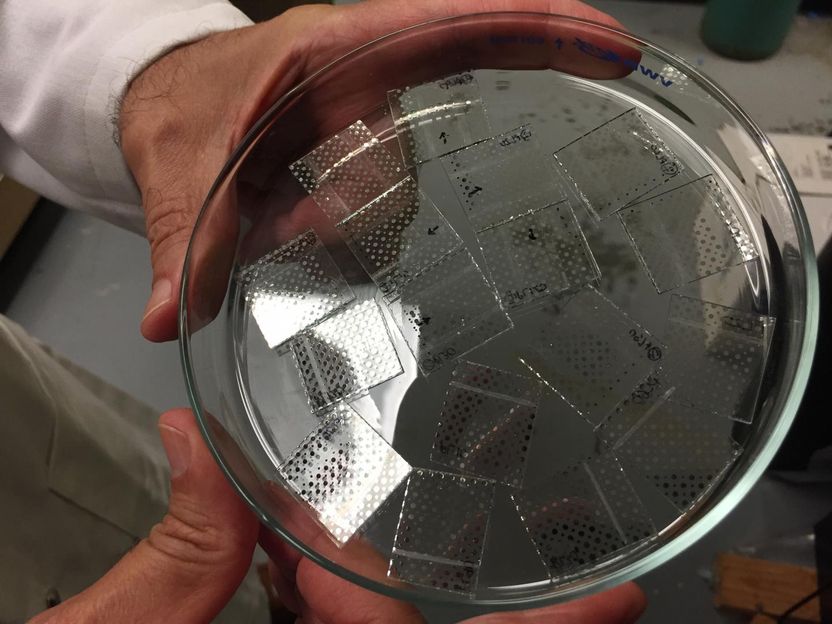ABBOTT'S BIAXIN® (CLARITHROMYCIN) ACTIVE AGAINST ANTHRAX IN VITRO
Advertisement
Findings released today at the 41st Interscience Conference on Antimicrobial Agents and chemotherapy (ICAAC) offer valuable insight into the activity of selected antibiotics against Bacillus anthracis, the bacteria that causes anthrax. Data from a new study conducted in the test tube (in vitro) showed that Bacillus anthracis developed lower resistance to doxycycline and to clarithromycin, the active ingredient in Abbott's marketed product, Biaxin®, than to the other antimicrobial agents in this study. In contrast, Bacillus anthracis was more likely to become resistant to the three quinolone antibiotics studied following exposure in the test tube.
The possibility of anthrax becoming resistant to antibiotics has become a topic of intense interest since the recent anthrax exposures in New York, Florida, and elsewhere in the United States. The development of resistant strains of anthrax could make it more difficult to treat the disease.
Biaxin has not been approved by the U.S. Food and Drug Administration (FDA) for the treatment of anthrax infection. The clinical relevance of the results found in the study is not yet known. Further research needs to be conducted to apply for FDA approval of Biaxin for the treatment of anthrax.
"It is important to understand the potential for resistance when considering a serious infection such as anthrax," said Itzhak Brook, M.D., Armed Forces Radiobiology Research Institute, and the lead investigator of the study. "These data provide some insight into the activity of antibiotics, such as clarithromycin, against Bacillus anthracis and support further study of this drug against anthrax."
"We are encouraged that clarithromycin shows activity against anthrax in laboratory tests," said Carol Olson, M.D., Ph.D., medical director, Global Marketed Product Development, Abbott Laboratories. "We have a responsibility as a leader in the development of anti-infectives to do what we can to prepare for any bioterrorism threats. This commitment includes further evaluation in animal models of the potential role of clarithromycin."
Organizations
Other news from the department science

Get the chemical industry in your inbox
By submitting this form you agree that LUMITOS AG will send you the newsletter(s) selected above by email. Your data will not be passed on to third parties. Your data will be stored and processed in accordance with our data protection regulations. LUMITOS may contact you by email for the purpose of advertising or market and opinion surveys. You can revoke your consent at any time without giving reasons to LUMITOS AG, Ernst-Augustin-Str. 2, 12489 Berlin, Germany or by e-mail at revoke@lumitos.com with effect for the future. In addition, each email contains a link to unsubscribe from the corresponding newsletter.























































